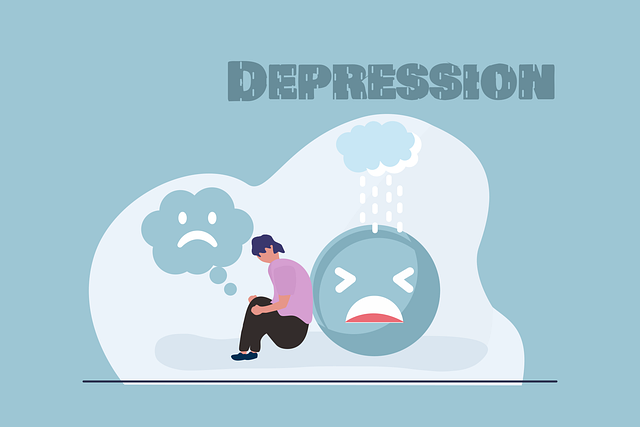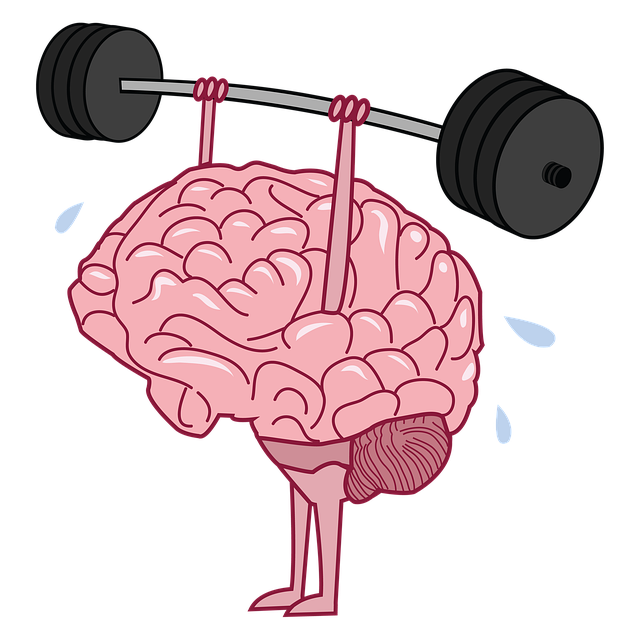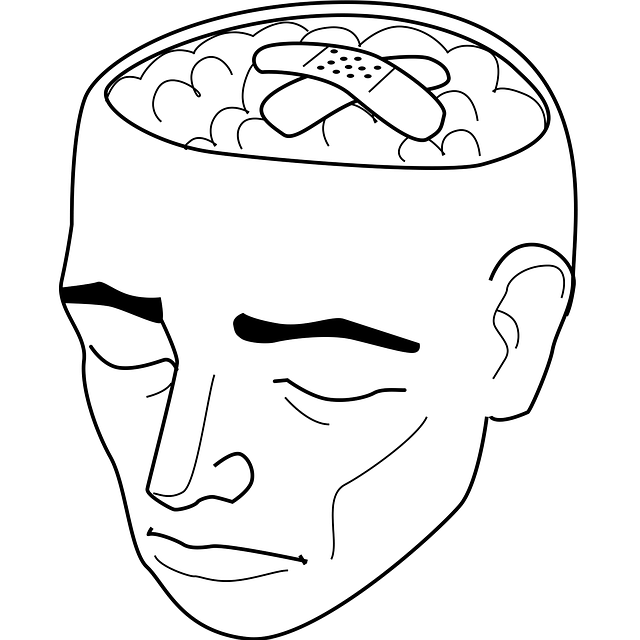Acceptance and Commitment Therapy (ACT) offers adults a powerful toolset, including Resourceful Fronting and Mastering (RFM), to build resilience. By integrating mindfulness, emotional acceptance, and values-driven actions, ACT fosters mental flexibility and enhances coping mechanisms for stress, trauma, and adversity. This approach promotes inner strength, improves mental health outcomes, and empowers individuals to navigate life's challenges presentfully and adaptively, ultimately leading to more fulfilling lives.
“Resilience is the key to navigating life’s challenges, and for adults seeking to build mental fortitude, Understanding RFM (Recovery, Flexibility, and Mastery) can be transformative. This article explores how Acceptance and Commitment Therapy (ACT), a powerful therapy for adults, provides a structured approach to enhancing resilience. We delve into practical exercises that foster personal growth and offer strategies to integrate RFM into daily routines, empowering individuals to cultivate a resilient mindset. Embrace these techniques for a more adaptable and fulfilling life.”
- Understanding RFM and its Role in Adult Resilience
- Acceptance and Commitment Therapy (ACT): A Framework for Building Resilience
- Practical Exercises to Enhance Personal Resilience
- Integrating RFM into Daily Life: Cultivating a Resilient Mindset
Understanding RFM and its Role in Adult Resilience

Resilience is a vital asset for adults navigating life’s challenges and stressful situations. Understanding RFM (Resourceful Fronting and Mastering), a key concept in Acceptance and Commitment Therapy, offers a powerful framework to build this resilience. RFM involves recognizing and leveraging personal resources, adopting a flexible mindset, and mastering challenging experiences rather than avoiding them.
This therapeutic approach encourages individuals to cultivate self-care practices, develop inner strength, and access their inherent resilience. By integrating these strategies into daily life, adults can enhance their ability to cope with stress, trauma, and adversity. Effective trauma support services, including Acceptance and Commitment Therapy, provide tools for personal growth, enabling individuals to lead more fulfilling lives despite challenging circumstances.
Acceptance and Commitment Therapy (ACT): A Framework for Building Resilience

Acceptance and Commitment Therapy (ACT) provides a powerful framework for building resilience in adults facing life’s challenges. This therapy encourages individuals to accept their experiences, rather than fighting or avoiding them, fostering a deeper connection with the present moment. By embracing this mindset, people can cultivate mental flexibility, enabling them to adapt and bounce back from adversity more effectively.
ACT focuses on guiding individuals to identify and prioritize personal values, which serve as the foundation for taking meaningful actions that align with those values. This process promotes emotional well-being promotion techniques by helping adults develop a sense of purpose and direction, even in stressful situations. Through engaging in Stress Management Workshops Organization and Crisis Intervention Guidance based on ACT principles, individuals can learn to navigate life’s challenges with greater resilience and overall improved mental health.
Practical Exercises to Enhance Personal Resilience

Building resilience is a crucial aspect of maintaining good mental health, especially in today’s fast-paced world. One effective approach is Acceptance and Commitment Therapy (ACT), which helps individuals accept their emotions and take committed actions towards meaningful goals. Through ACT, people learn to cultivate present-moment awareness, reduce avoidance behaviors, and develop psychological flexibility. This, in turn, enhances their ability to cope with stress and adversity.
Practical exercises within ACT include mindfulness practices such as meditation and body scans, which promote self-awareness and a non-judgmental attitude towards thoughts and feelings. Another powerful tool is cognitive defusion techniques, enabling individuals to observe their thoughts without becoming overly attached or reactive to them. These exercises not only help in burnout prevention strategies for healthcare providers but also foster confidence boosting and contribute to Mental Health Policy Analysis and Advocacy by empowering individuals to take charge of their mental well-being.
Integrating RFM into Daily Life: Cultivating a Resilient Mindset

Integrating RFM (Resilience, Flexibility, and Mindfulness) into daily life is a powerful way to cultivate a resilient mindset and enhance mental wellness. This approach draws heavily from Acceptance and Commitment Therapy (ACT), which focuses on accepting difficult thoughts and emotions while committing to valued actions. By practicing mindfulness techniques, individuals can learn to be present with their experiences without judgment, fostering emotional regulation skills crucial for navigating life’s challenges.
Incorporating RFM into daily routines, such as through a Mental Wellness Podcast Series Production or Social Skills Training, allows for consistent practice and gradual development of resilience. Simple exercises like mindful breathing, body scans, and guided visualizations can be incorporated into morning rituals or moments of quiet reflection throughout the day. These practices not only help to manage stress but also foster a deeper connection with oneself, enabling individuals to respond adaptively to life’s ups and downs rather than reacting impulsively.
Resilience is a powerful tool that can significantly enhance our ability to navigate life’s challenges. By combining RFM (Resilience, Flexibility, and Mastery) principles with evidence-based practices like Acceptance and Commitment Therapy (ACT), individuals can develop a robust mindset for overcoming adversity. Practical exercises detailed in this article offer a starting point for cultivating personal resilience. Integrating these strategies into daily routines fosters a resilient mindset, enabling adults to embrace life’s ups and downs with greater ease and adaptability. For those seeking a therapy for adults that focuses on building resilience, ACT provides a comprehensive framework to achieve lasting well-being.














